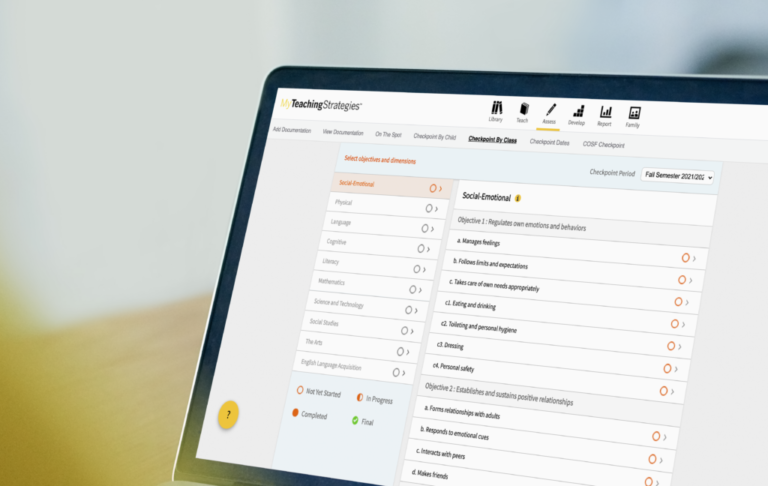Simple education is an approach that emphasizes the basics of reading, writing, and arithmetic. This approach focuses on developing fundamental skills that are essential for success in all areas of life. Here are some of the benefits of simple education in the UK.
1. Improved Literacy and Numeracy Skills
Simple education emphasizes the importance of reading, writing, and arithmetic. By focusing on these fundamental skills, students can improve their literacy and numeracy skills, which are essential for success in school and beyond.
Strong literacy skills can help students understand complex concepts and ideas, communicate effectively, and engage with the world around them. Strong numeracy skills can help students make informed decisions, solve problems, and succeed in fields like science, technology, engineering, and math.
2. Increased Confidence and Self-Esteem
Simple education can help students build confidence and self-esteem. By mastering fundamental skills, students can feel more capable and empowered to tackle new challenges and take on new opportunities.
This can be especially important for students who struggle in traditional educational settings or who may have low self-esteem. By providing a foundation of basic skills, simple education can help students develop a sense of pride and accomplishment.
3. Greater Focus on Individual Needs
Simple education can also provide greater focus on individual needs. By emphasizing the basics of reading, writing, and arithmetic, teachers can tailor instruction to meet the unique needs and abilities of each student.
This can be especially important for students with learning disabilities or other special needs. By providing individualized instruction, teachers can help students overcome challenges and achieve success.
4. Preparation for Higher Education
Simple education can also prepare students for higher education. By building a strong foundation of fundamental skills, students can be better prepared for the rigors of college-level work.
This can be especially important for students who come from disadvantaged backgrounds or who may not have had access to high-quality educational opportunities. By providing a solid foundation of basic skills, simple education can help level the playing field and provide greater opportunities for success.
5. Preparation for the Workforce
Simple education can also prepare students for the workforce. By developing strong literacy and numeracy skills, students can be better prepared for a wide range of careers and professions.
This can be especially important in today’s rapidly changing job market, where many jobs require advanced technical skills or other specialized knowledge. By emphasizing the basics of reading, writing, and arithmetic, simple education can help students develop the foundational skills they need to succeed in any career.
6. Greater Equity and Access
Simple education can also promote greater equity and access in education. By focusing on fundamental skills, simple education can provide a more equal educational experience for all students, regardless of their background or socioeconomic status.
This can be especially important in the UK, where educational opportunities and outcomes can vary widely depending on factors like income, ethnicity, or geographic location. By emphasizing the basics of reading, writing, and arithmetic, simple education can help level the playing field and provide greater opportunities for success.
Conclusion
In conclusion, simple education offers many benefits for students in the UK. By emphasizing the fundamentals of reading, writing, and arithmetic, simple education can improve literacy and numeracy skills, increase confidence and self-esteem, provide greater focus on individual needs, prepare students for higher education and the workforce, and promote greater equity and access in education. By providing a solid foundation of basic skills, simple education can help students achieve success in all areas of life.









